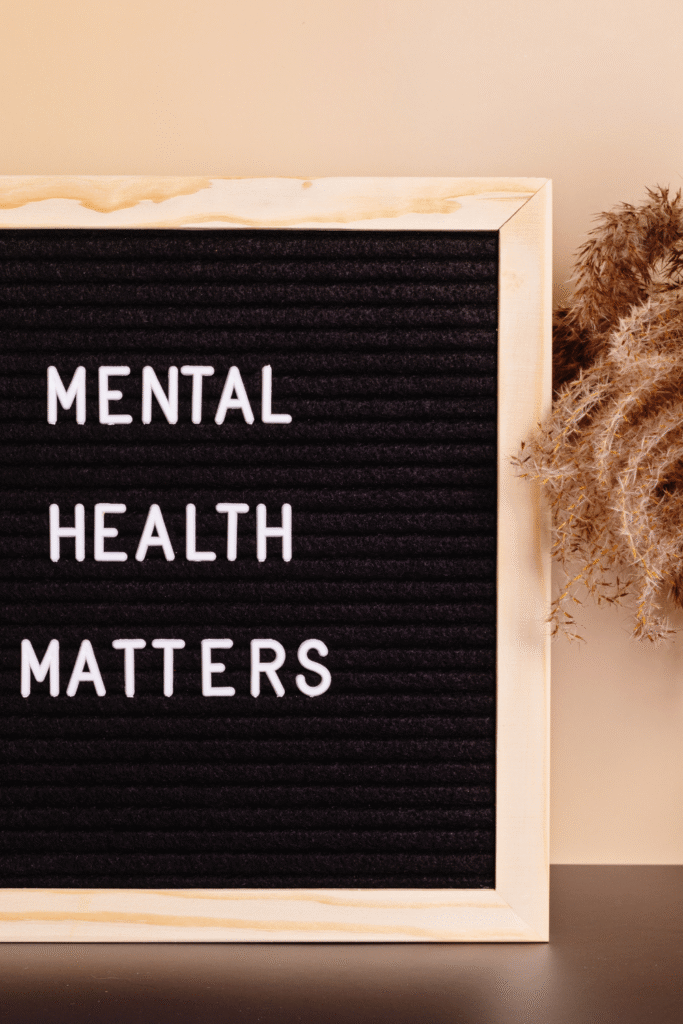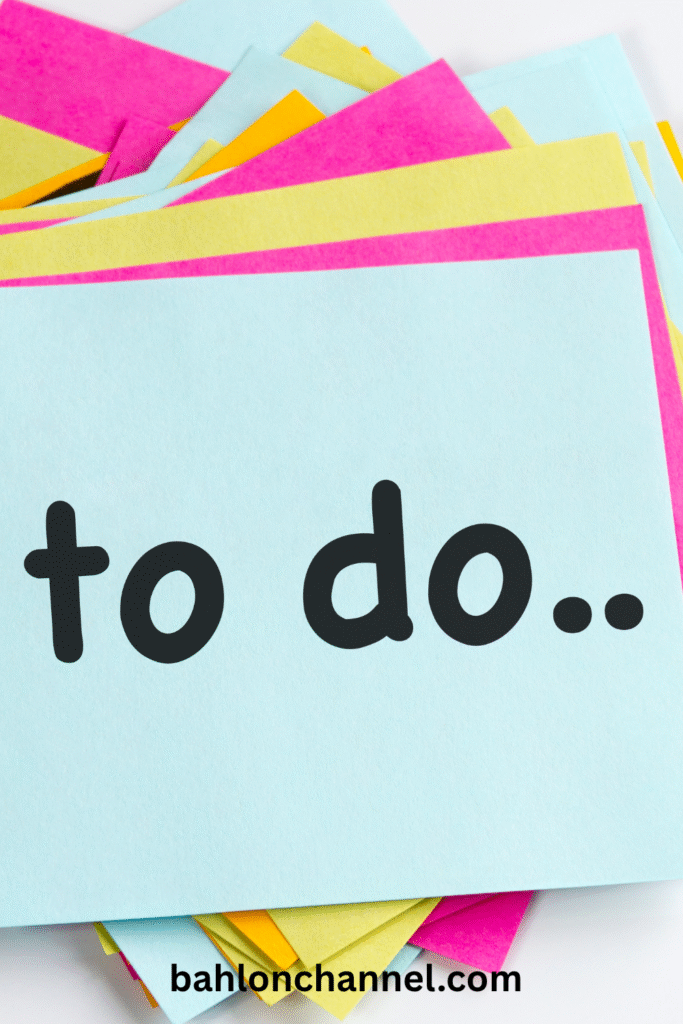Mental wellness is an essential component of overall health. It’s more than just the absence of mental illness; it’s about thriving emotionally, mentally, and socially. While life’s challenges can strain our mental state, cultivating resilience and developing strategies for self-care can pave the way for a healthier, happier mind.
This blog explores stress management techniques, mindfulness, journaling prompts, emotional regulation practices, therapy options, strategies for coping with anxiety or burnout, and digital detox ideas. Consider this your go-to guide for actionable and sustainable mental wellness practices.

Why Mental Wellness Matters
Our mental health influences every aspect of our lives. It affects how we think, feel, and act. It also impacts our relationships, decision-making abilities, and productivity at work or school. Maintaining mental wellness equips us to cope with stress effectively and bounce back from life’s inevitable setbacks.
Key benefits of prioritizing mental wellness include:
- Improved emotional resilience
- Better physical health (lower stress levels, reduced risk of chronic disease)
- Enhanced focus and productivity
- Stronger and more fulfilling relationships
Building mental wellness isn’t about perfection but about adopting habits that prioritize well-being and strike a balance.
1. Mastering Stress Management: Techniques That Work
Stress is unavoidable; we all encounter it. However, prolonged stress can take a serious toll on mental and physical health. Learning to manage stress effectively helps us regain control when things feel overwhelming.

Practice Deep Breathing Exercises
Controlled breathing is one of the simplest and most effective stress relievers. Techniques like diaphragmatic breathing help calm the nervous system and lower cortisol levels.
How to do it:
- Sit or lie in a comfortable position.
- Place one hand on your chest and the other on your stomach.
- Take a slow, deep breath in through your nose, feeling your stomach rise.
- Exhale slowly through your mouth, allowing your stomach to fall.
- Repeat 5–10 times.

Incorporate Physical Activity
Exercise isn’t just for physical fitness—it’s a powerful stress reducer. Activities like running, yoga, or even a brisk walk release endorphins, which elevate your mood and lower anxiety.
Tip: A simple 30-minute walk outdoors can double as exercise and a mental refresh.

Prioritize Your Tasks
Overwhelmed by your to-do list? Use prioritization techniques like the Eisenhower Matrix to separate urgent tasks from those that can wait. Breaking tasks into smaller, manageable chunks can also reduce feelings of being overwhelmed.
Remember: It’s okay to say no to commitments when you’re stretched thin.

2. Mindfulness and Meditation for Mental Clarity
Mindfulness helps center your thoughts and cultivates a state of awareness. Meditation, a practice rooted in mindfulness, trains the brain to focus and tune out distractions.
Simple Mindfulness Practices
Being mindful doesn’t require lengthy rituals or special conditions—just a moment of presence.
Try this exercise during meals:
- Focus on the texture, color, and smell of your food.
- Chew slowly and savor every bite.
- Notice how the food makes you feel as you eat without judgment.
Quick Guide to Meditation
Even 5–10 minutes of meditation can reduce stress, improve focus, and boost overall mental wellness.
Basic meditation steps:
- Sit quietly and close your eyes.
- Focus on your breath as it flows in and out.
- When your mind wanders (and it will!), gently bring it back to your breath.
Guided meditation apps like Headspace and Calm can provide support if you’re just beginning.

3. Journaling as a Gateway to Self-Understanding
Writing down your thoughts has therapeutic benefits. Journaling provides clarity, helps untangle emotions, and offers a safe space for self-expression.
Prompts to Get Started
Struggling to fill a blank page? Use these prompts to guide your journaling practice:
- What am I grateful for today?
- What thoughts or emotions am I carrying that I’d like to release?
- What is one thing I can do to bring myself joy this week?
Set aside 10–15 minutes daily for free-writing. Over time, you’ll notice patterns and discover deeper insights into your mind.
The Benefits of Gratitude Journaling
Keeping a gratitude journal—a log of things you’re thankful for—has been linked to reduced depression and increased happiness. Aim to write 3–5 things you’re grateful for every evening.

4. Emotional Regulation Techniques to Keep Calm
Emotion regulation involves recognizing and managing feelings in healthy ways rather than suppressing or ignoring them.
Label Your Emotions
The simple act of naming your emotions can help diffuse their intensity. Practice saying, “I feel [emotion] because…” For example, “I feel frustrated because I missed a deadline.”
Use Grounding Techniques
Grounding helps you stay present rather than spiraling into overwhelming thoughts.
Try the 5-4-3-2-1 method:
- Identify 5 things you can see around you.
- Touch 4 things you can feel.
- Listen for 3 things you can hear.
- Notice 2 things you can smell.
- Focus on 1 thing you can taste.
This reconnects your mind to the present moment, soothing your emotions.

5. The Role of Therapy and Counseling
Speaking with a therapist or counselor can be life-changing for mental wellness. Therapy isn’t just for managing crises—it’s also a proactive way to maintain emotional health.
When to Seek Professional Support
Consider seeking therapy if you’re experiencing any of the following signs persistently:
- Difficulty sleeping or concentrating
- Angry outbursts or frequent crying spells
- Feelings of hopelessness or a loss of interest in activities
- Struggle with anxiety, burnout, or negative self-talk
Types of Therapy to Explore
- Cognitive Behavioral Therapy (CBT): Focuses on changing negative thought patterns.
- Dialectical Behavior Therapy (DBT): Helps with emotional regulation and stress management.
- Art Therapy: Uses creative expression as a therapeutic outlet.
Remember, seeing a professional is a sign of strength, not weakness.

Amid life’s demands, many struggle with anxiety and burnout. Recognizing the symptoms early is key to recovery.
Strategies for Managing Anxiety
- Progressive Muscle Relaxation: Slowly tense, then relax each muscle group in your body.
- Journaling Anxiety Triggers: Writing about what’s causing you stress can provide perspective.
- Limit Caffeine and Alcohol: These substances can increase feelings of anxiety.
Combating Burnout
Burnout often stems from a lack of boundaries or overcommitment. Make time for leisure and set firm limits between work and personal life.
Self-care tip: Engage in low-effort, high-reward activities like soaking in a bath, reading fiction, or enjoying your favorite snacks.

7. Digital Detox Ideas for Mental Reset
Technology is a double-edged sword—it connects us but also overstimulates. A digital detox can clear mental clutter and reduce stress.
Tips for Reducing Screen Time
- Set Screen-Free Zones: No screens in the bedroom or at the dining table.
- Turn Off Notifications: Disconnect from constant pings that interrupt your focus.
- Schedule Phone-Free Hours: Choose blocks of time each day to power down.
Replace Screen Time with Offline Activities
- Read a book, try a new recipe, or spend time in nature.
- Engage in a hobby like painting, knitting, or gardening.
- Schedule quality time with loved ones.
Even small changes can make a big difference in reducing screen fatigue.

Building Your Personal Mental Wellness Plan
Everyone’s mental wellness path is unique. The key is creating a routine that suits your lifestyle and meets your emotional needs.
Here’s a sample wellness plan to inspire you:
- Morning: Begin with 5 minutes of deep breathing or gratitude journaling.
- Day: Take a 20-minute walk during lunch to recharge.
- Evening: Disconnect from devices an hour before bed and meditate for 10 minutes.
Regular check-ins with yourself—either through journaling or reflective thinking—will help you stay on track.
Final Thoughts
Mental wellness isn’t a destination—it’s a lifelong practice. Adopting simple, consistent habits like mindfulness, regular self-care, and emotional awareness can significantly improve your quality of life. If you feel overwhelmed, remember that help is always available through friends, loved ones, or mental health professionals.
Take small steps, celebrate your progress, and prioritize your well-being. Your mind is worth it.

Share Your Experience
We would love to hear how these habits have impacted your mental wellness. Sharing your story not only helps you reflect on your progress but also inspires others to start their own journeys. Leave a review or share your thoughts with our community. Together, we can create a supportive space where everyone feels encouraged and empowered to focus on their mental health.
